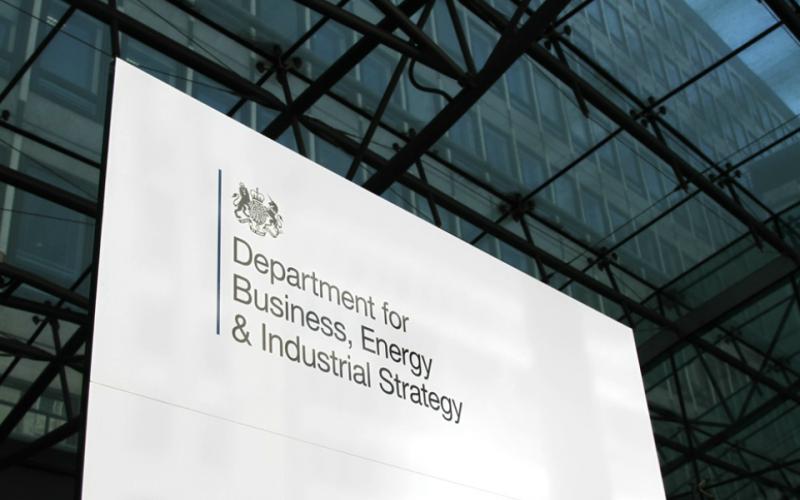Distribution network operators and the decisions they made to disconnect end users will be investigated as part of an inquiry into last week’s blackout, the government has confirmed.
Having last weekend stressed that a formal investigation into Friday’s power cut would be launched, today the Department for Business, Energy and Industrial Strategy (BEIS) published its full terms of reference and scope for the Energy Emergencies Executive Committee’s (E3C) investigation into the matter.
And the E3C has now confirmed that the investigation will look into matters involving the electricity system operator and transmission system – both the responsibility of National Grid – as well as distribution network operators (DNOs) and generators.
Pertinently for DNOs, the investigation’s scope will consider load shedding with regards essential service customers, and how end users are prioritised when low frequency demand disconnection (LFDD) is called upon.
LFDD schemes are a line of defence for grid stability, and are ultimately called upon when other measures aimed at stabilising the grid – such as frequency response – fail or are insufficient. These involve DNOs essentially disconnecting areas of demand on a stage-by-stage basis for balancing purposes.
Those measures were required last Friday after National Grid ESO’s attempts at balancing two large generators disconnecting failed, resulting in black outs and power cuts.
But questions have been raised over the prioritisation of these disconnections. While an estimated 1 million consumers were disrupted by the outages, there were numerous instances of public transport networks being disrupted, including transport links in and out of central London and some London Underground lines. Airports such as Newcastle also experienced power outages.
A spokesperson for the Energy Networks Association said: “After the power system disruption on Friday 9 August, it is important for government to conduct a review. We also await the outcome of National Grid’s report which will provide further clarity on the cause and potential learnings but it is right that E3C considers all issues as part of their investigation.”
Meanwhile, the E3C has also established a firm timetable for its review, committing to submit an interim review within the next five weeks, prior to a final report submitted to energy secretary Andrea Leadsom within 12 weeks.
That report is to include an assessment of the event, recommendations and lessons for the future, and an implementation plan for those recommendations.






